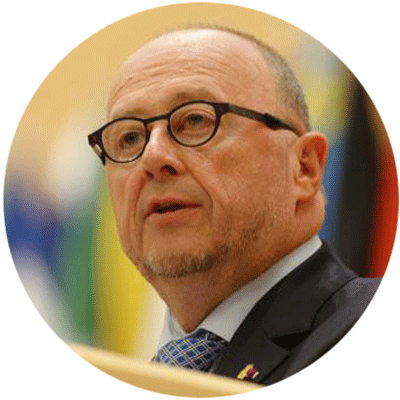Global Dialogue on the Future of Work We Want – Session 4
Discussion on the governance of work
How can societies respond to the erosion of the established framework of social dialogue, norms and institutions for regulating work? This session examines initiatives that revitalise existing norms and institutions and/or create new forms of regulation that may help to meet present and future governance challenges.
How can societies respond to the erosion of the established regulatory framework? Do we need new or different governance structures to regulate work effectively? This session examines initiatives that revitalise existing norms and institutions and/or create new forms of regulation that may help to meet present and future governance challenges. The session focuses on both international and national initiatives, highlighting those that strengthen tripartism. Participants will address State-based forms of governance (such as national laws and public enforcement agencies) as well as innovations emerging from the social partners and other members of civil society (including new forms of collective organization and action), as well as the evolving relationship between public and private governance.





